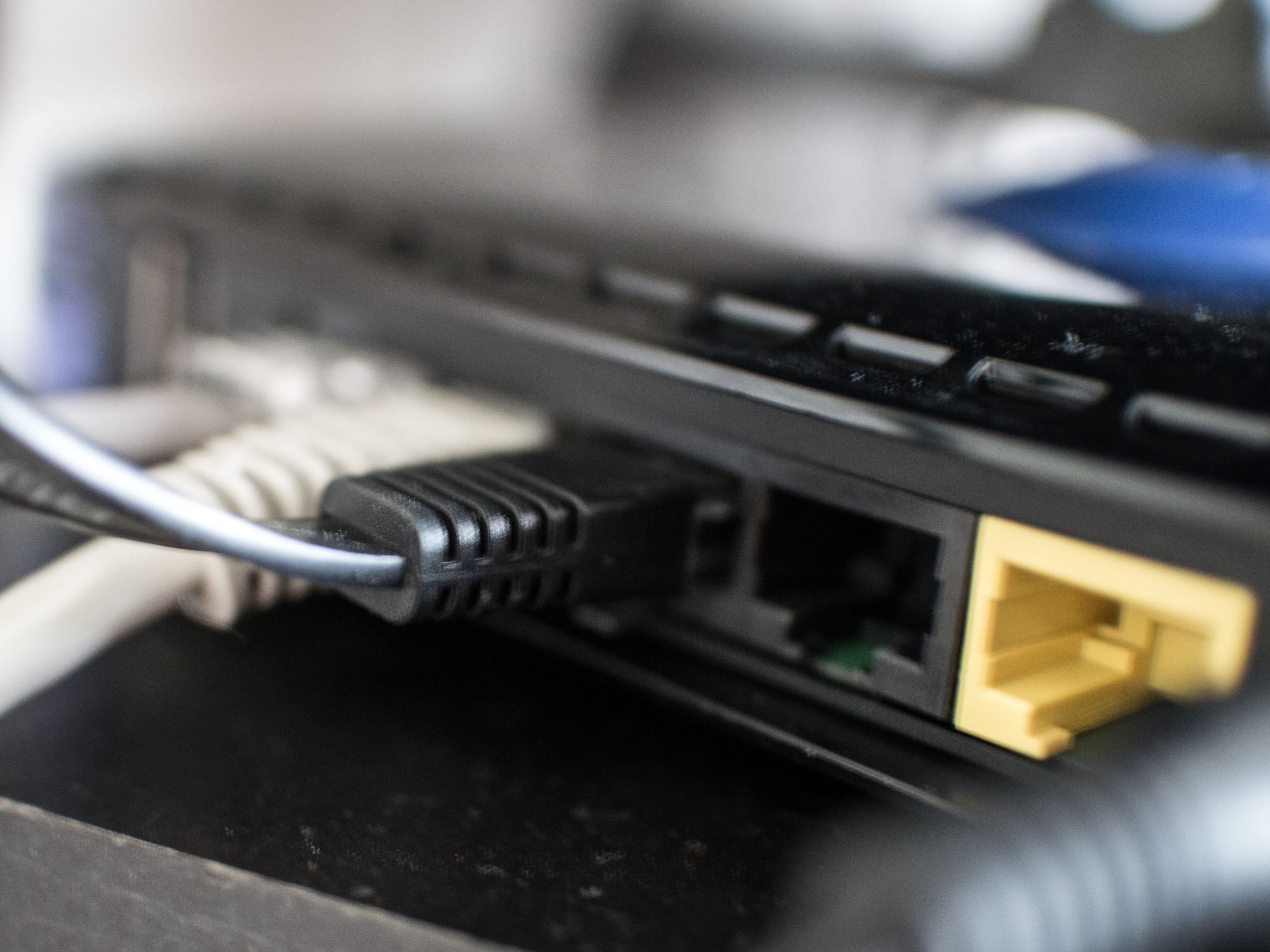US signs Declaration for the Future of the Internet alongside 60 global partners
The United States, European Commission, and dozens of global partners have called for an open internet.

What you need to know
- The United States is one of 61 countries to sign the Declaration for the Future of the Internet.
- The document calls for a global internet that protects human rights and privacy and that promotes the free flow of information.
- The signatories of the declaration envision an internet that is affordable and inclusive as well.
The United States and 60 global partners have signed the Declaration for the Future of the Internet (PDF). The White House highlighted the "trend of rising digital authoritarianism" in its briefing on the declaration. Signatories of the document have committed to creating a "single global Internet" that is open and that protects human rights.
"Globally, we are witnessing a trend of rising digital authoritarianism where some states act to repress freedom of expression, censor independent news sites, interfere with elections, promote disinformation, and deny their citizens other human rights," said the White House.
The brief also points to other issues that prevent people around the world from accessing the web. "Millions of people still face barriers to access and cybersecurity risks and threats undermine the trust and reliability of networks."
The White House outlined the principles of the document:
- Protect human rights and fundamental freedoms of all people;
- Promote a global Internet that advances the free flow of information;
- Advance inclusive and affordable connectivity so that all people can benefit from the digital economy;
- Promote trust in the global digital ecosystem, including through protection of privacy; and Protect and strengthen the multistakeholder approach to governance that keeps the Internet running for the benefit of all.
Below are the countries that have signed the declaration:
- Albania
- Andorra
- Argentina
- Australia
- Austria
- Belgium
- Bulgaria
- Cabo Verde
- Canada
- Colombia
- Costa Rica
- Croatia
- Cyprus
- Czech Republic
- Denmark
- Dominican Republic
- Estonia
- The European Commission
- Finland
- France
- Georgia
- Germany
- Greece
- Hungary
- Iceland
- Ireland
- Israel
- Italy
- Jamaica
- Japan
- Kenya
- Kosovo
- Latvia
- Lithuania
- Luxembourg
- Maldives
- Malta
- Marshall Islands
- Micronesia
- Moldova
- Montenegro
- Netherlands
- New Zealand
- Niger
- North Macedonia
- Palau
- Peru
- Poland
- Portugal
- Romania
- Senegal
- Serbia
- Slovakia
- Slovenia
- Spain
- Sweden
- Taiwan
- Trinidad and Tobago
- United Kingdom
- Ukraine
- Uruguay
More countries are expected to sign the declaration in the future.
Get the Windows Central Newsletter
All the latest news, reviews, and guides for Windows and Xbox diehards.

Sean Endicott is a tech journalist at Windows Central, specializing in Windows, Microsoft software, AI, and PCs. He's covered major launches, from Windows 10 and 11 to the rise of AI tools like ChatGPT. Sean's journey began with the Lumia 740, leading to strong ties with app developers. Outside writing, he coaches American football, utilizing Microsoft services to manage his team. He studied broadcast journalism at Nottingham Trent University and is active on X @SeanEndicott_ and Threads @sean_endicott_.
